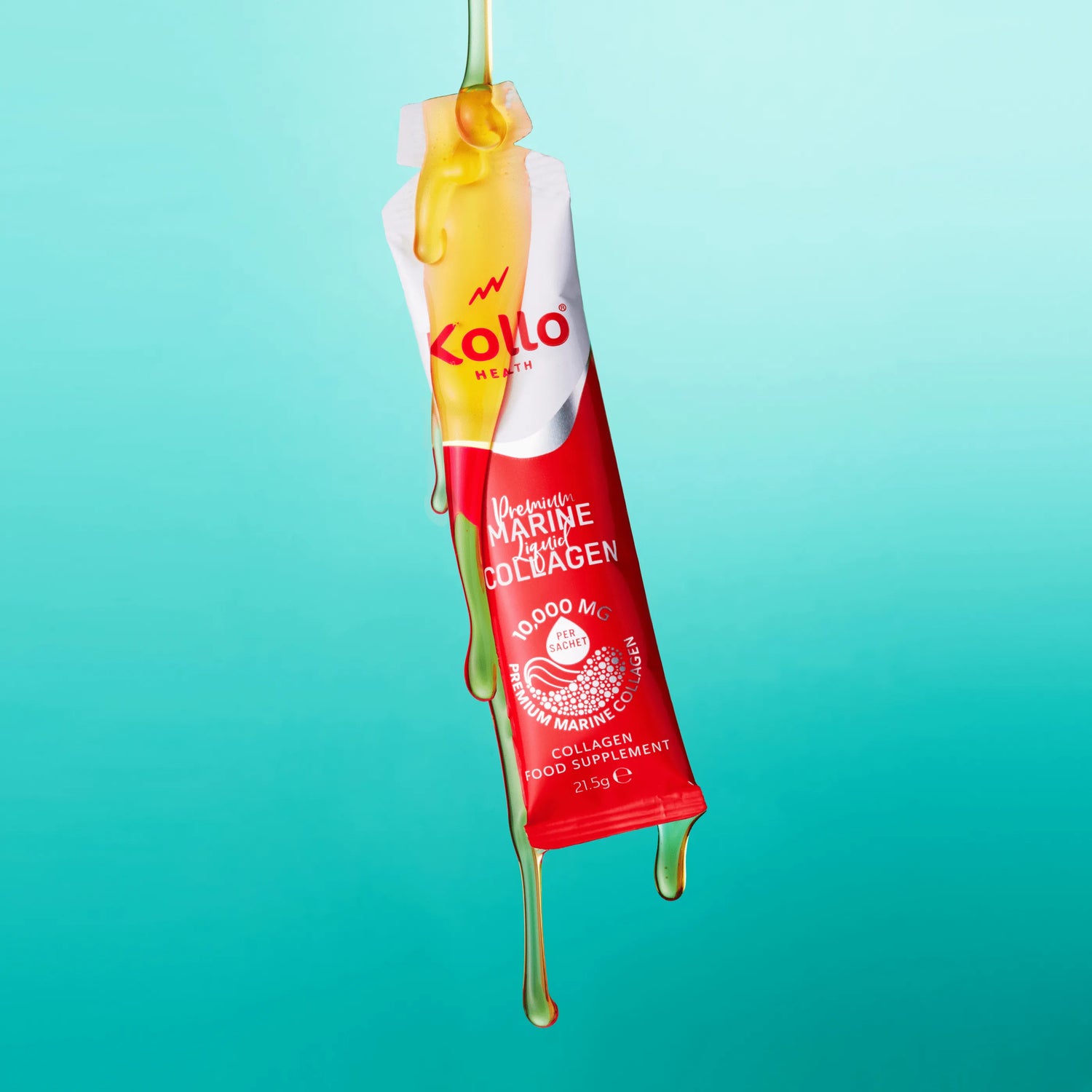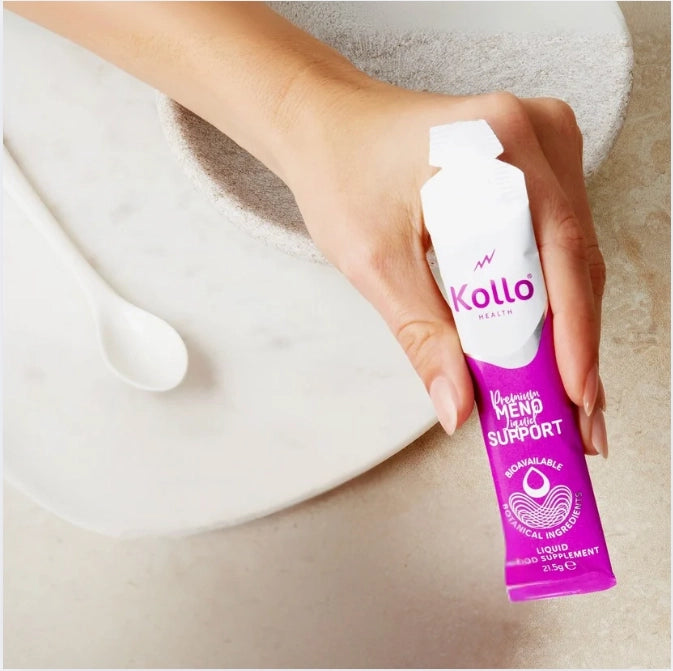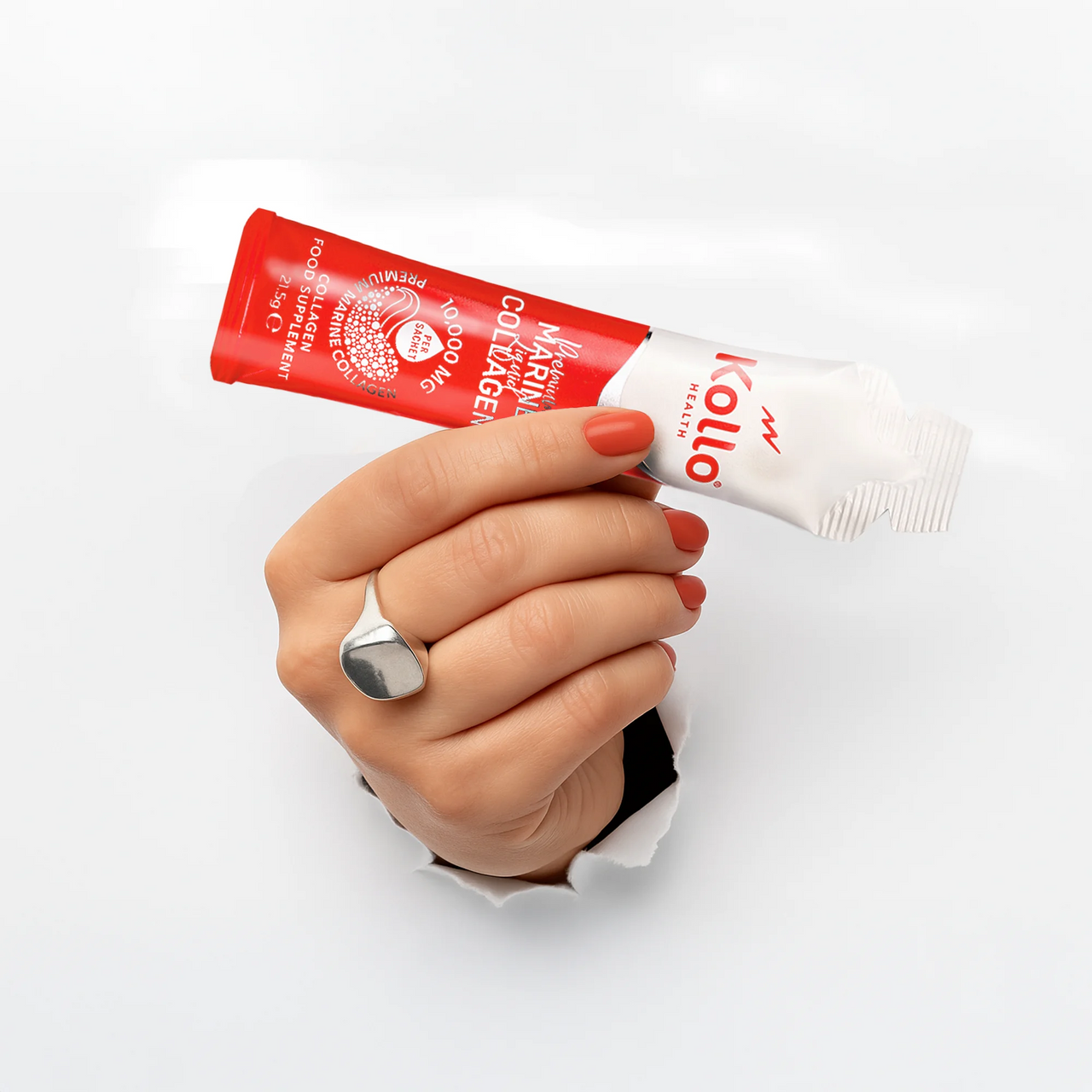What would I need to eat to get the same benefits as marine collagen supplements?
There can be no doubt that diet plays a key role in your health and the appearance of your skin, hair and nails. For one thing, an unhealthy diet can accelerate the decline of collagen levels in your body. This means the early signs of ageing come on sooner and materialise faster. But can diet alone ever be as beneficial for your collagen levels as the marine collagen supplements UK stockists supply?
Collagen is a key protein providing structure to connective tissues like skin, tendons and cartilage. It also plays an important role in bones, organs and arteries. Collagen comes in many types, but our bodies primarily need types I, II and III. Ageing causes our bodies to produce less collagen year on year, leading to the development of issues like:
-
Sagging skin
-
Wrinkles
-
Thinning hair and nails
-
Sore joints
-
Bone loss
This is why the health and beauty industries frequently direct us towards methods to increase our collagen levels. Slowing the collagen decline is also important. Kollo is one of the leading marine collagen supplements in the UK and a very effective way of boosting your body’s collagen. But what would you need to be eating to achieve an equivalent result through diet alone?
First thing’s first
Before getting into this, understand that it is difficult to get lots of glycine, proline and hydroxyproline from food alone. These are the amino acids that trigger and fuel collagen production. You need lots of them, primed for collagen production and bioavailable so that your body can absorb it with ease.
When they come from marine collagen (or collagen from other animals) those amino acids are ready for collagen production. What's more, you get them in very high concentrations. They are also presented in a broken-down form as a result of hydrolysis. This means the molecules are very easy for your body to absorb. Supplements like Kollo deliver precisely the results you want. Everything is carefully prepared to feed your body exactly what it needs. The nutrients in food are never quite so targeted or optimised. Thus, while a healthy diet is very important for your overall well-being, you should supplement it with marine collagen as well. This is how you experience maximum collagen-boosting results.
Foods that deliver similar nutrients to marine collagen
Having said that, here are some foods that you should be looking to include in your diet. They will help further supply the nutrients that protect your health and fuel collagen production.
Bone broth
Research has shown that bone broth contains calcium, phosphorus, magnesium, glucosamine, collagen, amino acids, chondroitin and more. However, you should be aware that different bone broths use different qualities of ingredients. Thus, they may not all be equally reliable. For best results, you should acquire some cow, pig or fish bones yourself and make your own bone broth.
Fish and shellfish
The bones, skin and ligaments of fish and shellfish are rich in collagen. Moreover, there is evidence that marine collagen is the most bioavailable for our bodies. However, simply eating fish may not supply you with many of the nutrients you need for collagen production. Complete collagen molecules can be difficult for our bodies to break down efficiently because they are quite large. Also, the meat of the fish is not the most collagen-rich part. To consume a large dose of marine collagen, you would need to eat less desirable parts like the scales, head and eyeballs.
Chicken
Many collagen supplements originate from chicken as there are many connective tissues in a chicken’s body. The primary sources of collagen from dietary chicken are the neck and cartilage. But you will get many of the amino acids from the protein contained in other parts of the poultry.
Egg whites
Eggs may not contain connective tissues like parts of animal bodies, but they do contain large amounts of proline. This is one of the fundamental amino acids required for collagen production.
Berries
Berries are a superb source of vitamin C. Strawberries, blueberries, blackberries and raspberries supply a hefty dose of that important nutrient. It plays a major role in the production of the body’s precursor to collagen, among other things. Berries are also high in antioxidants, which are important in protecting the skin from damage caused by free radicals.
Citrus and tropical fruits
Citrus fruits like grapefruit, oranges, limes and lemons are rich in vitamin C. So are many tropical fruits like kiwi, mango, guava and pineapple. Another benefit of guava is that it contains a little zinc, which is also useful for collagen production.
Leafy greens
It will not come as news to you that leafy greens are important for a healthy diet. But they also offer benefits for your beauty. Kale, spinach and various salad greens contain a lot of chlorophyll. This has excellent antioxidant properties. There have even been studies that indicate chlorophyll can increase the levels of precursor to collagen in the skin.
Garlic
We all love garlic for its flavour. But the high levels of sulphur it contains may also help with the synthesis of collagen and even slow its breakdown in your body. However, you would need to eat a lot of garlic to reap this benefit. Nevertheless, eating garlic offers a wide range of other health benefits so it’s wise to keep it as a staple of your diet.
Cashews
When it comes to boosting your collagen, cashews are the nut of choice. They contain zinc and copper, which are both known to boost your body’s collagen production abilities.
Beans
Beans are protein-rich foods that contain some of the amino acids you need to synthesise collagen. Many are also rich in copper, which plays a key role in collagen production.
Foods can also damage your collagen
The foods listed above are an important part of the puzzle for maximising your collagen levels for health and beauty benefits. But if you consume sugar and refined carbohydrates in excess, it can actually cause inflammation. Moreover, it can damage both your existing collagen and your ability to produce new collagen.
There's another important thing to note. It is very difficult to maintain a consistent supply of the nutrients your body needs for collagen production from diet alone. Moreover, there are many who believe your stomach acid may break down many of the proteins from your food. This happens long before they ever get to fuel your collagen production. There are definitely benefits to eating these pro-collagen foods. And many of these beneifts go beyond mere collagen production to help with other areas of health.
But you are looking to experience a true boost to your body’s collagen levels. You seek the many benefits to your health and beauty that come with it. Thus, a healthy diet combined with a high-quality supplement with marine collagen is the way to go in the UK.
What is the best source of marine collagen UK buyers can use?
We are very confident that there is no better marine collagen supplement on the market than Kollo. Ours is a liquid supplement containing premium grade marine collagen at a dosage of 10 grams per day. Some features that make Kollo stand out from the crowd include:
-
A liquid suspension for ease of use and maximum bioavailability of the active ingredients
-
A formula that includes B vitamins, vitamin C and l-lysine to help with collagen synthesis
-
A high, consistent daily dosage informed by the science
-
'Informed Sport' certification to ensure maximum quality and safety of the product
-
Exceptional sustainability from sourcing of collagen to recycling of packaging
-
A delicious tropical taste from natural flavourings
Kollo is a multi-award-winning marine collagen UK supplement. It has also received over 2,000 5-star reviews from verified buyers. We have appeared on television and earned ‘Amazon’s Choice’ status with the world’s biggest online retailer.
Development of the Kollo marine collagen supplement followed the science at every turn. We also listened to both the experts and the people that use collagen supplements. We have developed a product that delivers maximum benefits and also provides a superb experience for customers. Just read our customer reviews to see how happy Kollo users really are!
Learn more about Kollo marine collagen UK
If you want to access more detailed information about what makes Kollo tick, please feel free to explore our website. We have lots of reading about the product and our brand in the ‘About’ section. You can also learn all about the science in the ‘Studies’ section. The ‘Reviews’ page is where you can see the stories of our existing customers. And you can peruse the ‘Blog’ section to find a plethora of articles about everything you could want to know about collagen supplements.
If you still have questions, please feel free to contact us. You can reach our team by email or through social media and we’d love to give you the answers you seek.







